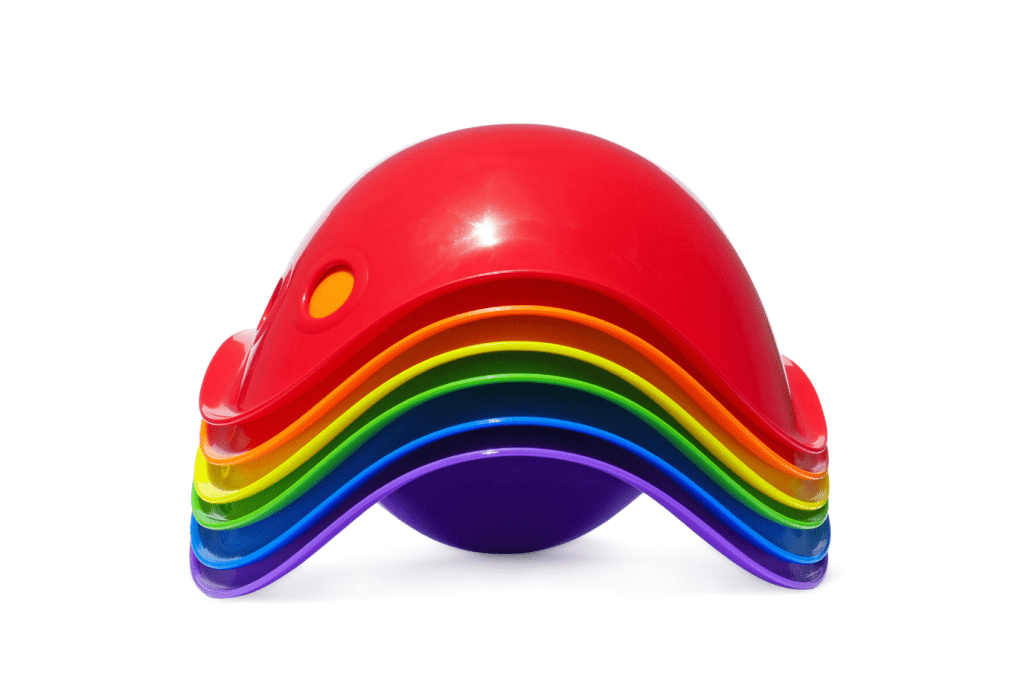Menu
-
- Valentine's Gifts
- Lunar New Year Gifts
-
Shop Gifts By Age
- Gifts For a 0-6 Month Old
- Gifts For A 6-12 Month Old
- Gifts For A One Year Old
- Gifts For A Two Year Old
- Gifts For A Three Year Old
- Gifts For A Four Year Old
- Gifts For A Five Year Old
- Gifts For A Six Year Old
- Gifts For A Seven Year Old
- Gifts For An Eight Year Old
- Gifts For A Nine Year Old
- Gifts For A Ten Year Old
-
Shop Gifts By Budget
- New Arrivals
-
Toys
- Large Active Toys
- Animal Toys
- Arts & Crafts
- Award-Winning Toys
- Bath Toys
- Birthday Wishlists
- Building Toys
- Cars, Trains, & Trucks
- Games
- Instruments
- Loose Parts Play
- Loot Bag Toys
- Made in Canada
- Outdoor Toys
- Pretend Play
- Puzzles
- Sensory And Fidget Toys
- Sensory Bin Tools & Fillers
- STEM Toys & Activities
- Toronto-Themed Gifts
- Travel Toys
- Wooden Toys
- Waiting Room Toys & Furniture
-
Montessori Materials
- Montessori At-Home Program
-
Montessori Furniture
-
Bundles & Sales
-
Books
-
Shop By Age
-
Shop By Brand
- Brands A-F
- Brands G-L
-
Brands M-R
- MagicPlaybook
- Magna Tiles
- Make Believe Ideas
- Makedo
- Manhattan Toys
- Math for Love
- Milaniwood
- MindWare
- Mojo Toys
- Moluk
- Moulin Roty
- Native Northwest
- nic
- Nienhuis
- Ooly
- Opinel
- Ostheimer
- Papoose
- Peaceable Kingdom
- Plan Toys
- Plus-Plus
- Preschool Collection Watches and Timers
- Ravensburger Puzzles
- Real Life Pages
- Brands S-Z
-
- 866-901-4696
- Gift Registry
- Login

4 Alternative Activities for Children Who Like to Throw
3 min read

Your child might be at the age where they enjoy throwing. Great for developing arm strength and coordination... not so great for anything breakable in your home.
Rather than becoming a broken record of "stop that" and "no", what can you do?
Observe and Redirect
In Montessori, children are given many freedoms to choose how they spend day.
However, it's important to consider the 3 D's before saying yes to just any activity.
Is the activity dangerous, disruptive, or disrespectful?
If it's any of the 3, then the activity is stopped and the child is redirected to something else.
This is called freedom within limits.
In most cases, it's likely that throwing large or hard items would be considered all three - dangerous, disruptive, AND disrespectful of the environment.
So what can you do?
The first step is to observe and investigate. Try to figure out why the child might be throwing things.
Once we know the answer to this, we can provide a suitable replacement activity.
1. Is it to communicate?
If you observe your child is throwing things to notify you that they’re all finished, introduce the sign for “all done.” This is often the case if they're throwing food after a meal.
To do the sign for "all done", hold both hands in front of you, with palms facing inwards and then rotate wrist so palms are facing outwards.
You can watch a video of the motion here: https://babysignlanguage.com/dictionary/all-done
If you observe your child is throwing things because they are frustrated, introduce the sign for “help.” Make a fist with your dominant hand and place it over top of your non-dominant hand which is laying flat. Move both hands upwards to make the sign.
You can watch a video of the motion here: https://babysignlanguage.com/dictionary/help/
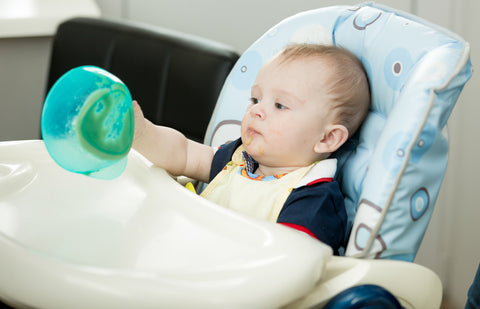
2. Is it to get your attention?
If you observe that your child is throwing something to get your attention, do your best to give them your full attention.
Spend some time making eye contact, talking, reading a book. It is especially helpful to recognize this need if you’ve been busy; your child needs some one-on-one time with you!
3. Is it to explore and develop a new skill?
Is it the exploration of:
- gross motor skills
- hand-eye coordination
- cause and effect
- Basket of soft balls (save hard balls for outside to send child message that we can throw soft balls inside and hard balls outside)
- Balloons
- Bean Bags
- Stuffed animals
Use an empty bucket or bin to throw the balls/bean bags/stuffed animals into. Use multiple buckets/bins at different distances for an extra challenge.

You could also use a hula hoop or painters tape to make a circle/square on the ground to throw into.
With the balloon, you could play a game of keep up. If you have the space indoors, this is a great gross motor activity to get moving.
Another fun throwing activity is “Sticky spider web”.
Make a “web” in a door frame with painters tape, sticky side facing your child. Use recycled paper to make balls. Demonstrate how to throw the paper balls and stick to web.
This activity could also be done with the sticky side facing away from the child, create large gaps in the “web” for the child to throw balls through.
Just make sure the web is low enough for your child to be successful and leave a large enough gap at the bottom of the web for the child to be able to crawl through and retrieve balls from the other side.
4. Is it a need/desire to move?
Sometimes a child is throwing because they need to move.
You can offer alternative ways to move that are less destructive.
- Create an obstacle course
- Make a balance beam with painters tape on the floor
- Build a tall tower
- Carry heavy objects to provide an opportunity for maximum effort, where the child uses mental and physical energy. This will help to release pent-up energy.
You can also redirect throwing to rolling. This can be done with empty water bottles, paper tubes, cans, or you can buy a bowling set and demonstrate how to roll the ball towards the pins and knock them down.

This activity can also be simplified in infancy by sitting across from the child and rolling ball back and forth to each other.
Join Our Montessori Community
Sign up to get weekly activities, free printables, Montessori parenting guidance, and so much more.
Plus, get $10 off your first order of $100+.
Like this article? Get new articles, weekly activities, free printables, Montessori parenting guidance, and so much more.
One mom recently shared:
"Your newsletter is always SO great. It is one of the few I open and read weekly. You provide so much value. Thank you!"



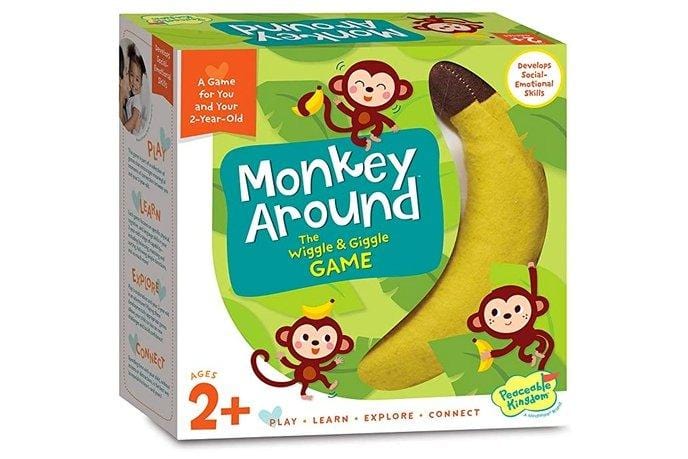
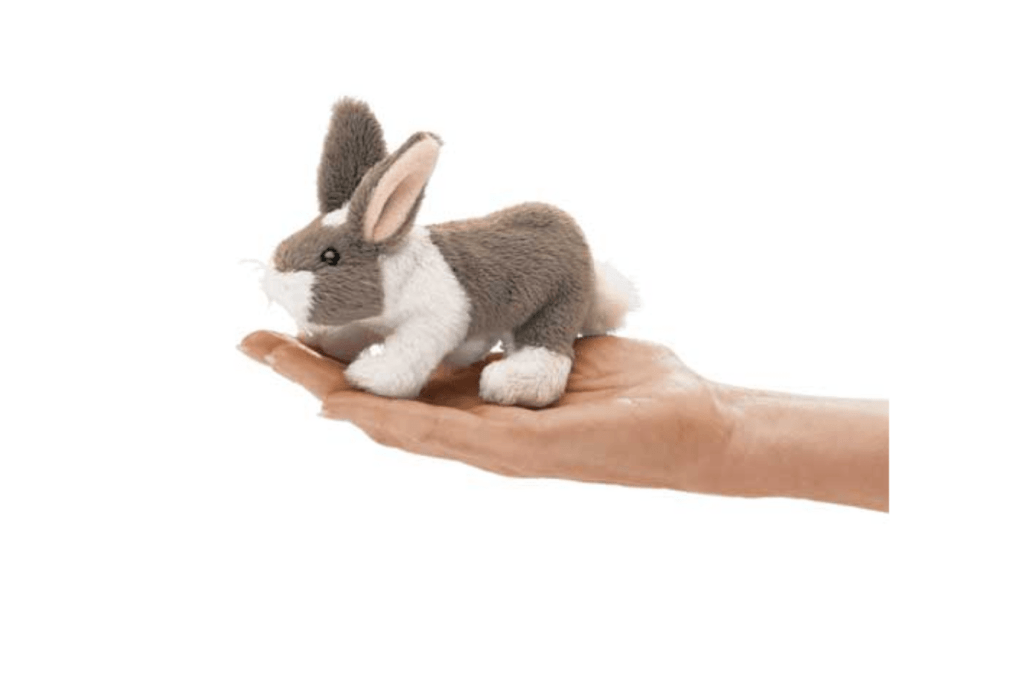
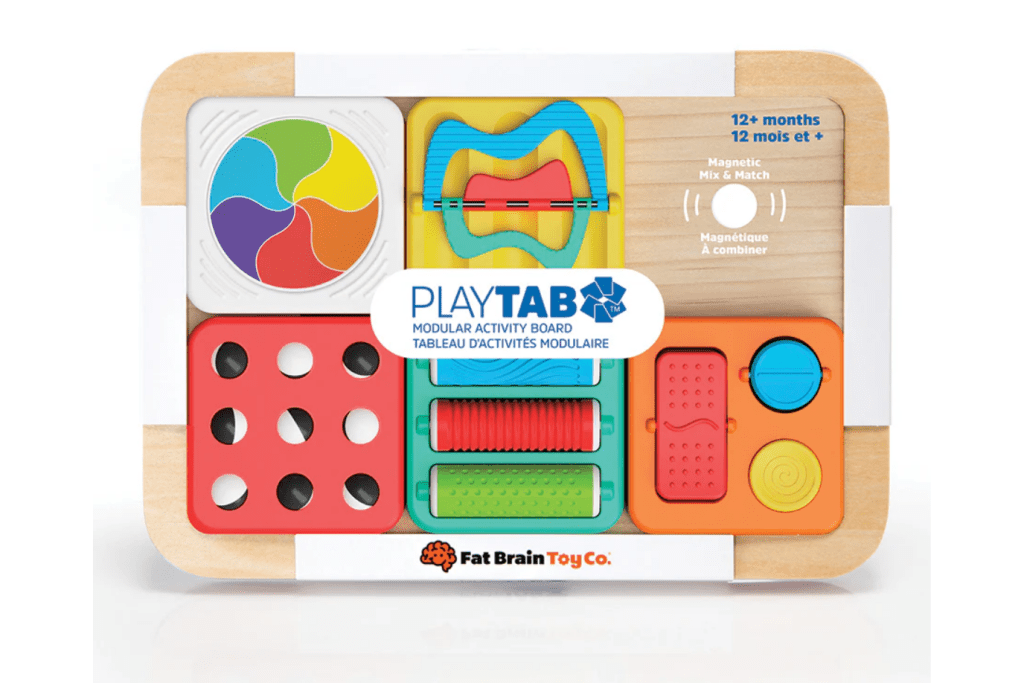
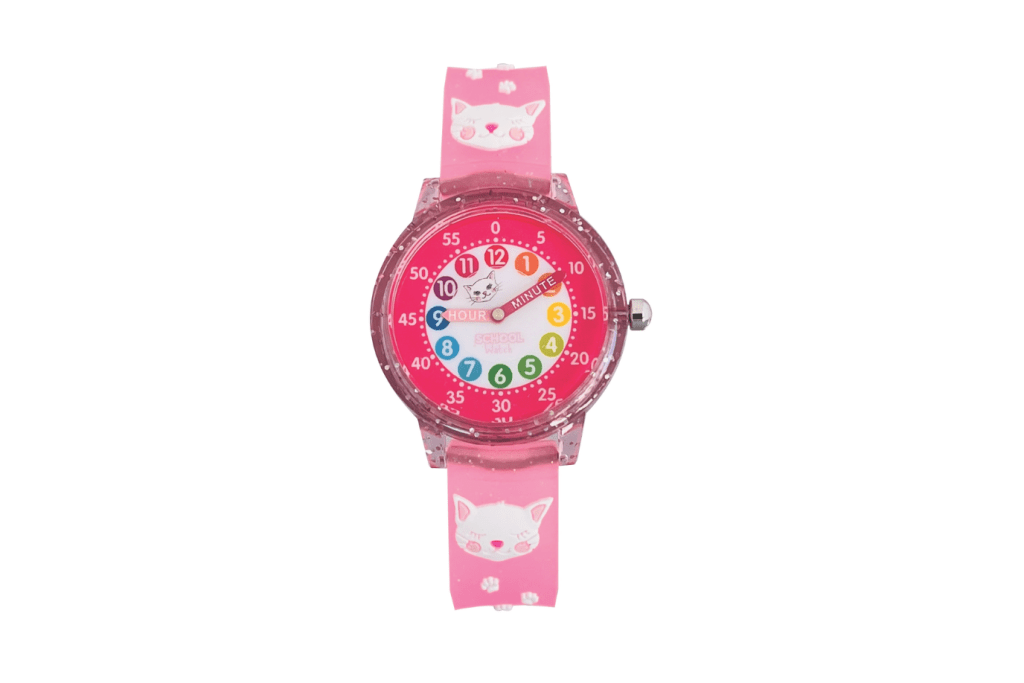
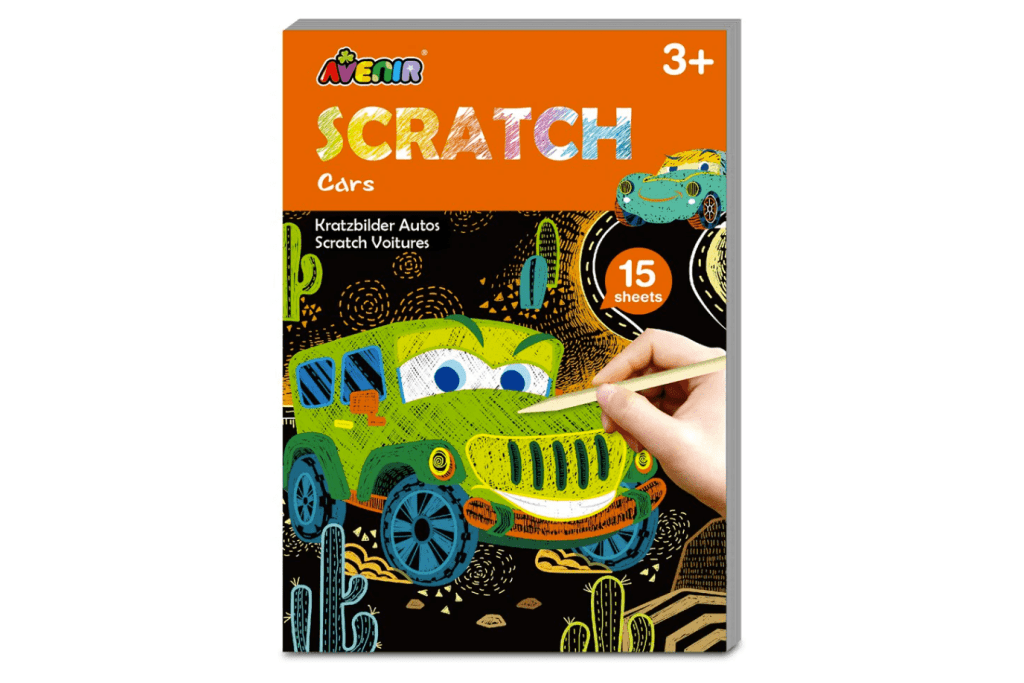

![Kidamento Kidamento Children's Cameras [3 Models]](http://themontessoriroom.com/cdn/shop/products/kidamento-childrens-cameras-3-models-661353_1600x.png?v=1699075281)
